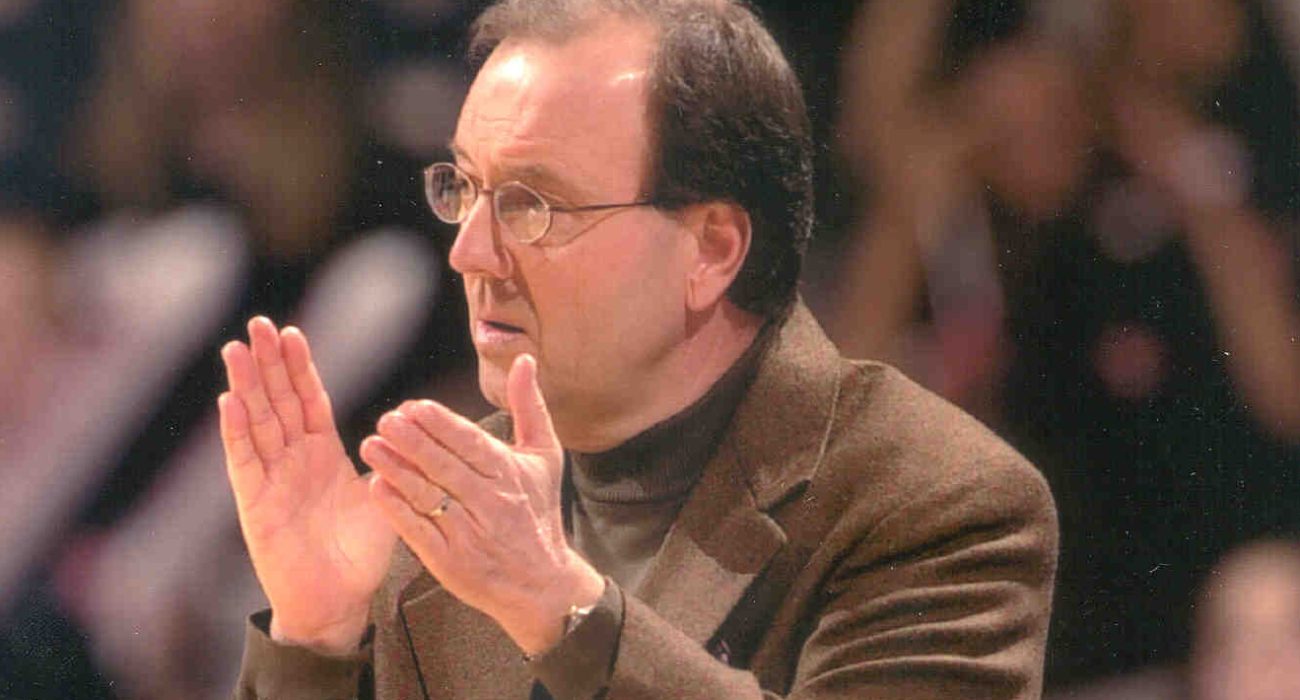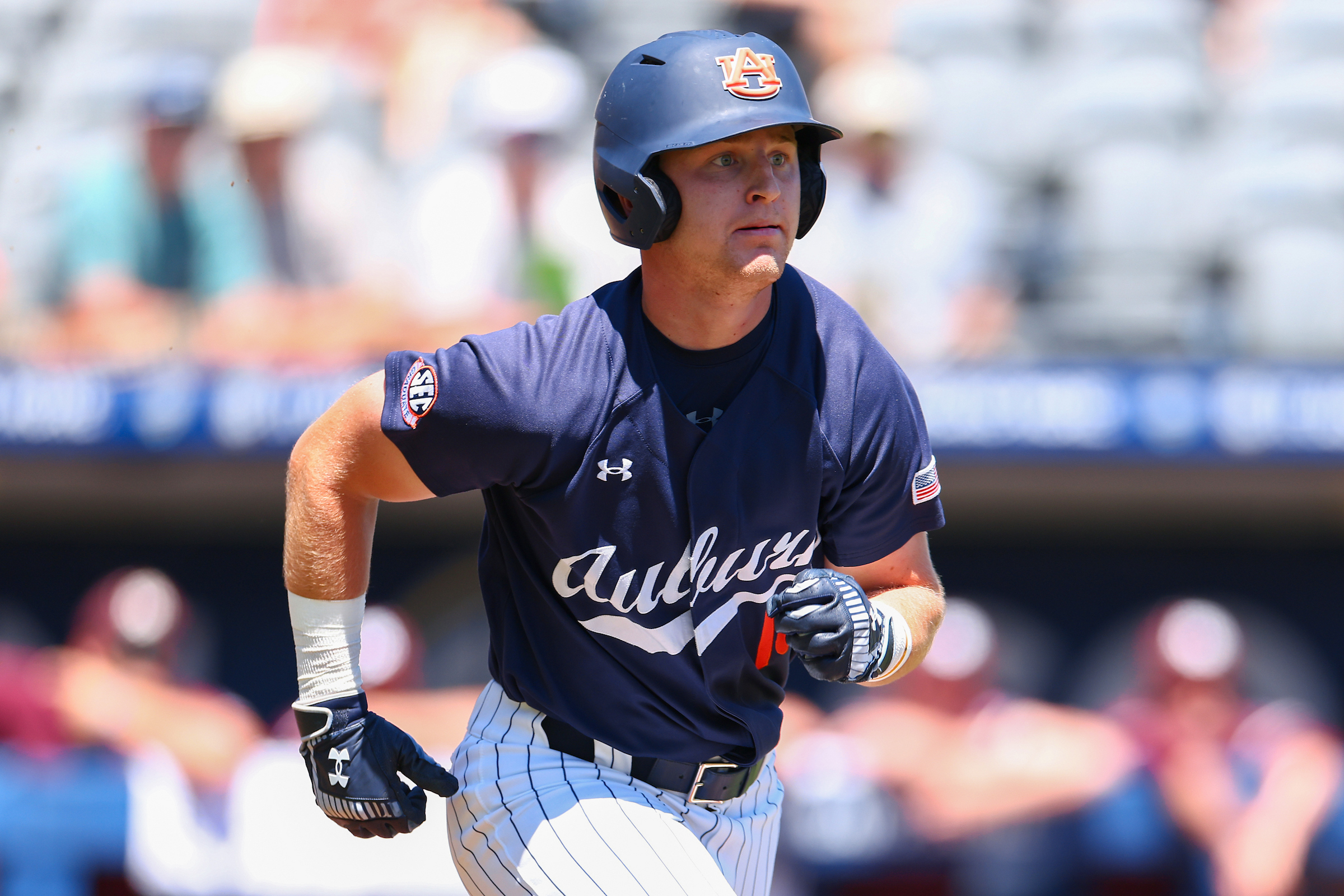Recent Features
Climbing a Steep Cliff: Remembering the 1998-99 Auburn basketball team

Ellis rebuilt Auburn basketball with record 29-win season
Continue reading this article and more from top writers, for only $9.99/mo.
Already a TALEGATE Subscriber? Log in here.
Auburn’s Irish Selected by Orioles as 19th Overall Pick
July 14, 2025
No Comments
Irish eyes are smiling. After being selected as the 19th overall pick in MLB Draft on Sunday by the Baltimore Orioles, catcher Ike Irish became …


